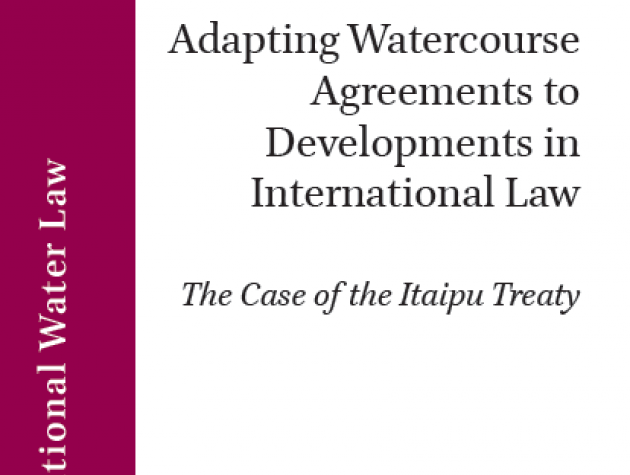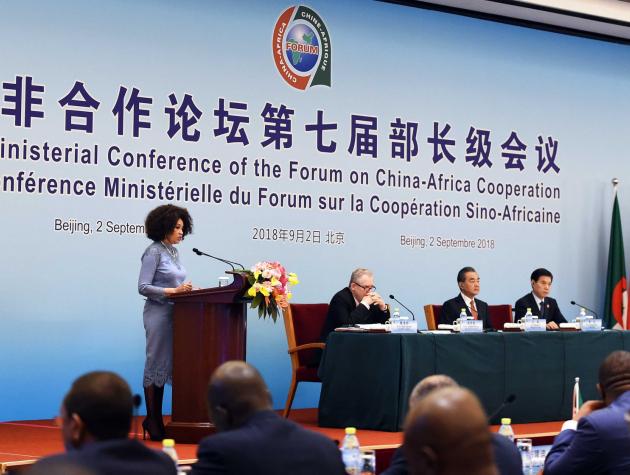Bounded Rationality and Economic Diplomacy - The Politics of Investment Treaties in Developing Countries (2015)
Modern investment treaties give private arbitrators power to determine whether governments should pay compensation to foreign investors for a wide range of sovereign acts. In recent years, particularly developing countries have incurred significant liabilities from investment treaty arbitration, which begs the question why they signed the treaties in the first place. Through a comprehensive and timely analysis, this book shows that governments in developing countries typically overestimated the economic benefits of investment treaties and practically ignored their risks. Rooted in insights on bounded rationality from behavioural psychology and economics, the analysis highlights how policy-makers often relied on inferential shortcuts when assessing the implications of the treaties, which resulted in systematic deviations from fully rational behaviour. This not only sheds new light on one of the most controversial legal regimes underwriting economic globalization but also provides a novel theoretical account of the often irrational, yet predictable, nature of economic diplomacy.






